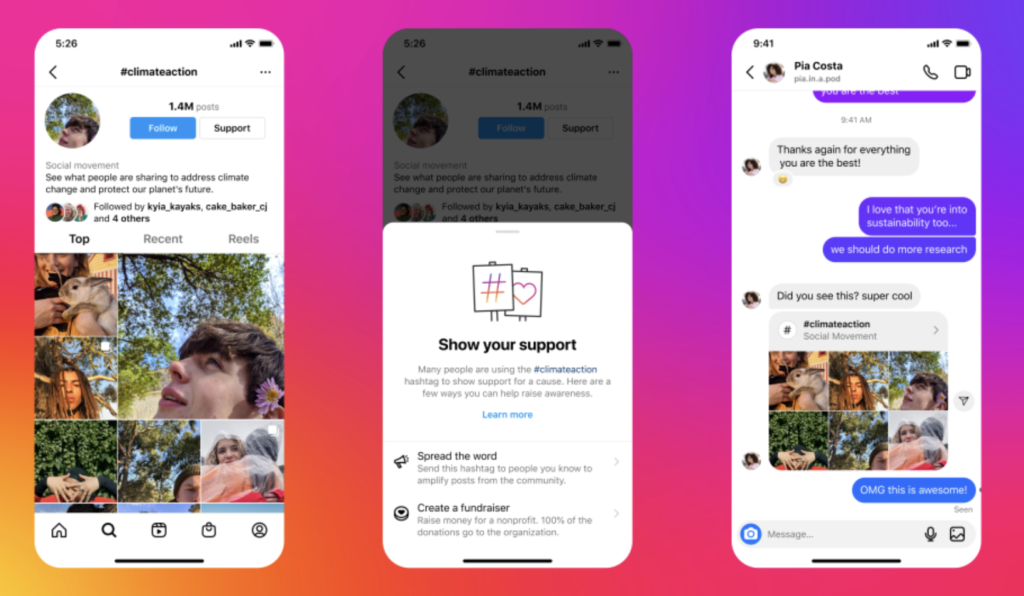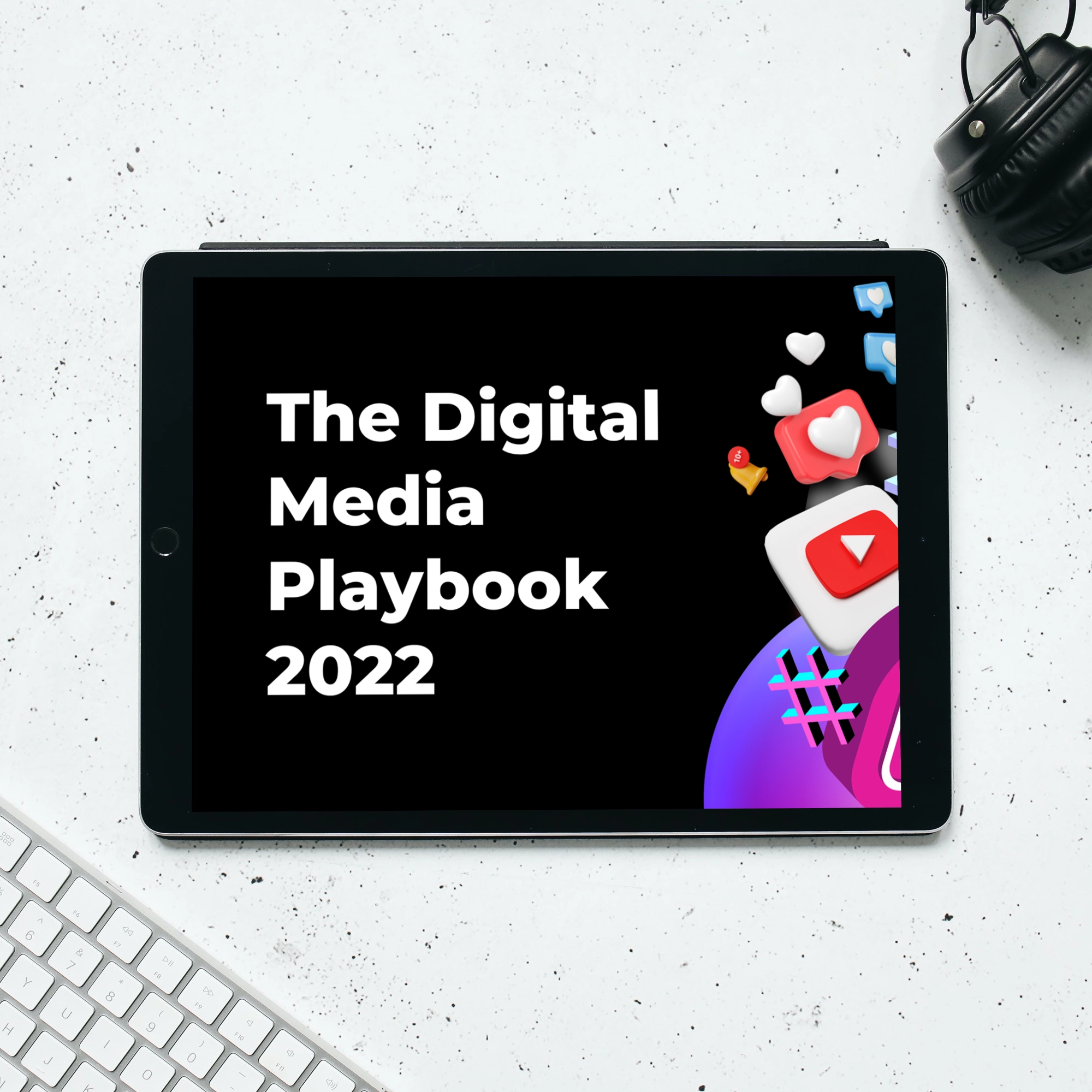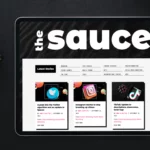Filed Under:
Twitter Countered Elon Musk With “Poison Pill” | Meta tests new VR shopping features
Share This:
Evening, fellow creators and digital nomads,
Tonight we’ve got news from the world of the metaverse, where we’re all going to live in a few years.
But first – big Instagram facts:
All public accounts now have the ability to tag products in their posts. This is great for creators who previously only had access to shoppable tags if they had a large enough following. And for small businesses, it’s a game-changer: It opens up a whole new avenue of marketing that previously was only available to those with a big enough following.
In other news: Elon Musk offered to buy Twitter and was met with a “poison pill,” Meta eases up on audio features, testing instead new VR shopping features (of which it plans to take a 47.5% cut), and some insightful commentary on the transformation of social and digital as Web 3.0 continues to grow.
Last thing before I sign off… I’m grateful you all read our newsletter every week. In an effort to keep creating content YOU care about, I have to ask:
If The SAUCE were a podcast, would you tune in? Let me know here!
Yours,
Taylor Peterson
taylor@foodfightstudios.com
Editor | The SAUCE
the socialverse
The latest social media news, stories, and updates we’re keeping a pulse on.
Now all public accounts can tag products on Instagram
Instagram just expanded product tagging to ALL users – even those with personal, non-influencer accounts. Now your followers can easily shop the products you love and tag products from your store.
Per Instagram:

Musk offered to buy Twitter and Twitter countered with a ‘poison pill’
After Elon Musk offered to buy Twitter for $43 billion last week, Twitter invoked a shareholder rights plan, also known as a ‘poison pill,’ in response.
The strategy gives Twitter the right to flood the market with new shares (allowing existing shareholders to buy them at a discount), according to The New York Times.
This presents Musk with a unwelcome “pill,” meaning his shares would become diluted and his purchase would become far more expensive and less attractive. It would require that Musk negotiate directly with Twitter’s board on any attempts to buy the company.
For creators, the Musk ordeal shouldn’t be impacting your Twitter effort right now. But it does speak to the broader demand for a more decentralized approach to mass communication, where one corporate board isn’t the sole arbiter of content. We’re looking at you, Web3.
Expect Meta to ease up on audio content as it prioritizes metaverse and Reels
A year after Meta announced its plans to pursue audio content, the company is backpedaling on those efforts. According to a spokesperson from the company, Meta is currently focused on prioritizing Reels, shopping experiences, and events in the metaverse instead of investing further in audio, Bloomberg reported.
The company is expected to report its Q1 2022 earnings on April 27, 2022. Last year, Meta reported $114.93 billion in ad revenue in 2021, up from $86 billion the year prior.
The podcast industry at large is projected to top $2 billion in revenue by next year, eMarketer reports. Meta might be ditching the effort, but Twitter, Spotify, YouTube and others have got you covered.
Speaking of Meta’s virtual shopping efforts….
Meta tests new VR shopping features (and plans to take a 47.5% cut)
In a video published last week as part of a Meta blog post, CEO Mark Zuckerberg said the company is testing ways for creators to sell virtual assets and experiences within the worlds they build on its VR platform Horizon Worlds.
Meta is currently letting a handful of Horizon Worlds creators sell virtual assets within the worlds they build, which could eventually mean NFTs. Here’s how it looks right now:

However, Meta will take an overall cut of up to 47.5% on each transaction, a spokesperson confirmed to CNBC last week.
The move to monetize virtual assets in-world is good news for creators who’ve spent their time and money building intricate VR worlds. Now, they can sell those creations to others. The bad news? Steep cuts from Meta could discourage wider adoption, making it more challenging for smaller/indie creators. Most likely, the market will settle out over the course of the next year, and it will be easier and cheaper for creators to earn money in VR. This is an early step.
op-eds worth reading
(Op Ed) How Web 3.0 is changing social media and the online world as we know it
“While centralized social networks have dominated in Web 2.0, the networks in Web 3.0 will be entirely decentralized and owned by the community…
In practice, means that a content creator on a decentralized Facebook or YouTube equivalent can retain greater control of their digital identity while also being rewarded for the activity and value they create on the network.”
– READ MORE | Dylan Vanas, Entrepreneur





